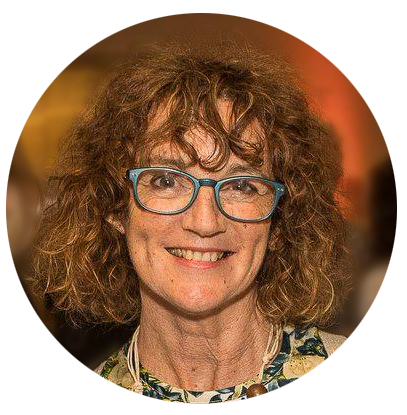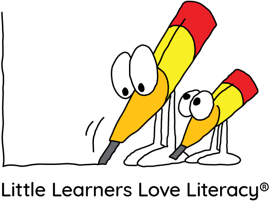Little Learners Big World nonfiction

Decodable nonfiction to inspire your curious little learners.
• Decodable nonfiction books matched to the Little Learners Love Literacy® Stages
• Engaging hybrid photo and illustrative design approach
• Local and global topics including recycling, mental health, sports, the natural world, crafts and more!
At a glance ...
Explore the key features ...



Stage 1 sounds: m s f a p t c i
Stage 1 heart words: the my I
Teaching focus: decoding CVC words using the simple alphabetic code



Stage 2 sounds: b h n o d g l v
No new heart words
Teaching focus: decoding CVC words using the simple alphabetic code



Stage 3 sounds: y r e qu z
Stage 3 heart words: he she we to do was
Teaching focus: decoding CVC words using the simple alphabetic code



Stage 4 sounds: j u k x w
Stage 4 heart words: her of are too for see
Teaching focus: decoding CVC and CVC+s words using the simple alphabetic code



Stage Plus 4 sounds: ll ss ff (& zz)
Teaching focus: decoding CVC words using the simple alphabetic code and double letters



Stage 5 sounds: ck
Teaching focus: decoding words with adjacent consonants and multi-syllabic words. Decoding words with a consonant digraph.



Stage 6 sounds: sh ch tch th ng ph wh
Teaching focus: decoding words containing consonant digraphs and trigraph.



Stage 7 Unit 1 graphemes: ai ay ee ea __y igh ie _y oa
Teaching focus: decoding words containing alternative graphemes representing long vowels /ā/, /ē/, /ī/, /ō/. y at the end of one and two syllable words. Suffix -ing.



Stage 7 Unit 2 graphemes: ar or aw ir ur er air
Teaching focus: decoding words containing r-controlled vowels. Suffix -er and more practice of decoding schwa in multisyllabic words.



Stage 7.3 sounds: oo le ow ou oi oy oo (short)
Teaching focus: decoding words with sliding vowel sounds.



Stage 7 Unit 4 graphemes: a a-e i i-e e-e e o o-e ow u-e ew ue ui u
Teaching focus: decoding words with split vowel digraphs, more alternative graphemes representing long vowels, new long vowel sound /yoo/.



Stage 7.5 phonemes /ear/, /ure/, /zh/
Alternative graphemes for short vowels and /sh/, /j/, /er/, /ee/
Suffixes: -ed -ure -ous -ion
Watch Little Learners Big World in action
Sample books and nonfiction resources
These sample small group reading notes can be printed by clicking in the print icon below.
Click on the image to download the connected resources for Aiden's Clay Lesson - Did You Know?, Speed Words, Read Write and Draw. Similar resources are available for every book in the series - accessed through the QR code on the inside back cover.
Meet the authors

Berys Dixon
Berys is both as experienced teacher and writer. Berys wrote the Pip and Tim stories for Stages 5-7, as well as The Wiz Kids series and a number of other teaching resources and games. Berys always dreamed of being a writer – she loves writing and children love her stories. She has an amazing imagination and a talent for writing natural-sounding, engaging books within the tight restrictions of a phonics scope and sequence. Berys has also written the Pocket Rocket series and continues to tutor students alongside her writing.

Anita Mullick
Anita Mullick is a primary and early education author, publisher and editor, with experience of the UK and Australian education sectors. As a languages nerd (French, German and Spanish), Anita has always been interested in the sounds and systems of language and enjoys the puzzle and the challenge presented by writing decodable books. She has created a range of fascinating nonfiction for the Little Learners, BIG WORLD series working alongside Pip and Tim author Berys Dixon

Matt Porter
As an experienced primary school teacher, Matt Porter understands the importance of engaging and high-quality texts for young readers. His years in the classroom and his time working as a specialist mobile library teacher give Matt an in-depth understanding of what kids love to read. He has currently published ten hilarious books for kids and has more in development. Matt wrote three books in the Little Learners, Big World series and thinks kids and teachers will love reading the whole set.

Tomi Liddle
Tomi is always looking for ways to interest and excite kids in learning. An experienced primary school teacher, she enjoys the creative challenge of crafting decodable books to help children learn to read. Tomi has delved deep into nonfiction exploration for the Little Learners, BIG WORLD series. As well as imaginative adventures for Little Learners, Tomi provides research-based intervention for students with reading and spelling difficulties as a clinician at a university reading clinic in Sydney.















